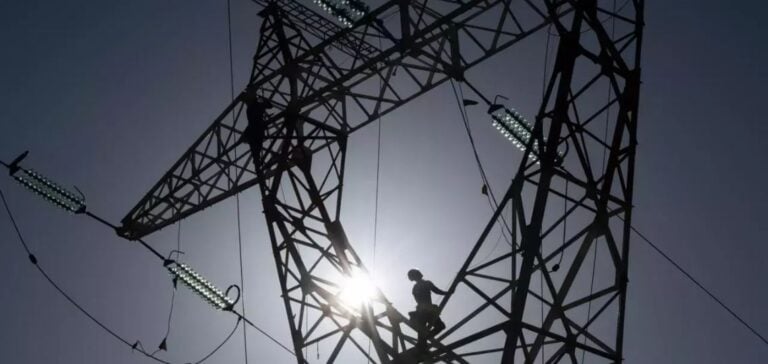The energy check, a program introduced in France in 2018 to assist low-income households with energy expenses, faced significant demand at the end of 2024. According to the Ministry of Industry and Energy, over 200,000 requests were submitted during the final two days of December, shedding light on the challenges of energy poverty and the administrative obstacles tied to its implementation.
Administrative and social pressures
This program, offering financial aid ranging from €48 to €277, benefited 5.5 million households through an automatic distribution in April. However, households excluded from this initial wave were required to submit their requests via the chequeenergie.gouv.fr platform.
The abolition of the housing tax in 2023 complicated the distribution of energy checks. Previously, the allocation process relied on cross-referencing tax data with housing tax records to identify beneficiaries. This reform left many eligible households without support. According to the National Council of Secular Family Associations (Cnafal), up to 800,000 households might have been excluded from the program in 2024, though the government has not confirmed this figure.
Budget constraints and their impacts
Despite pressure from associations to extend the application deadline beyond December 31, no extensions were granted due to budgetary constraints. This decision was criticized by several social actors, who described the program as insufficiently accessible and efficient.
The ministry announced that final figures for the number of checks issued would be available in March 2025. For now, over 125,000 checks have been issued through the online application platform. This volume highlights the difficulties of a system that must adapt to changing economic realities and fiscal reforms.
A crucial tool for energy transition
Despite these challenges, the energy check remains a strategic tool in combating energy poverty. It supports both bill payments and financing energy renovation projects, which are essential pillars in achieving France’s energy transition goals.
The massive late-year demand demonstrates the need to review eligibility criteria and distribution mechanisms to better anticipate the needs of vulnerable households.






















